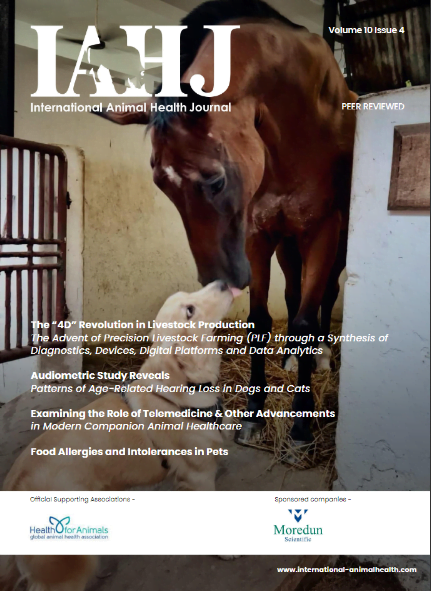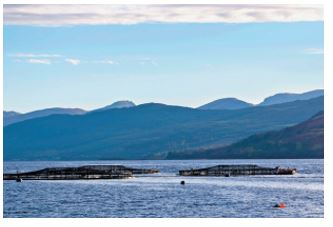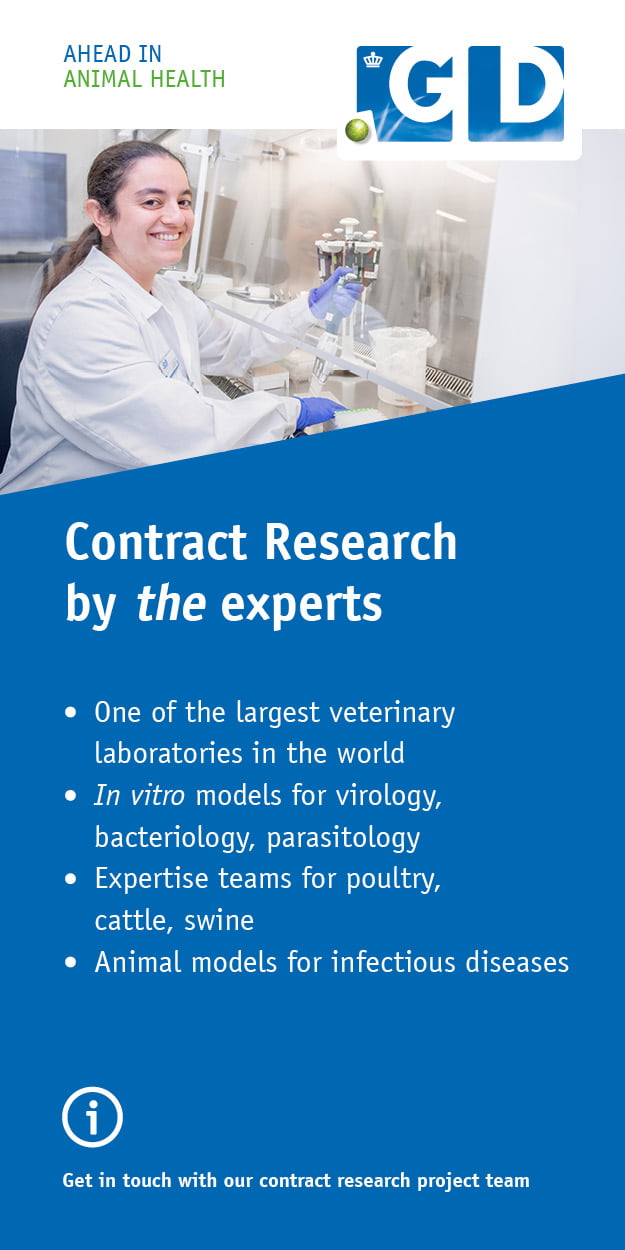The salmon louse is a crustacean ectoparasite of Atlantic salmon and other marine salmonid fish. L. salmonis is one of several parasitic copepods which cause disease in farmed fish and probably the most economically significant fish pathogen in the major salmon farming regions of the northern hemisphere, which include Norway, Faroe Islands, Scotland, Iceland and Ireland. Bill Roy at Moredun Scientific examines why sea louse epizootics are a major concern for salmon farmers due to the financial cost, impact on fish health, the risks to wild salmon and the environmental threat from sea lice medicines.
Animal Health Media © 2024, All Rights Reserved – Powered by Teksyte













